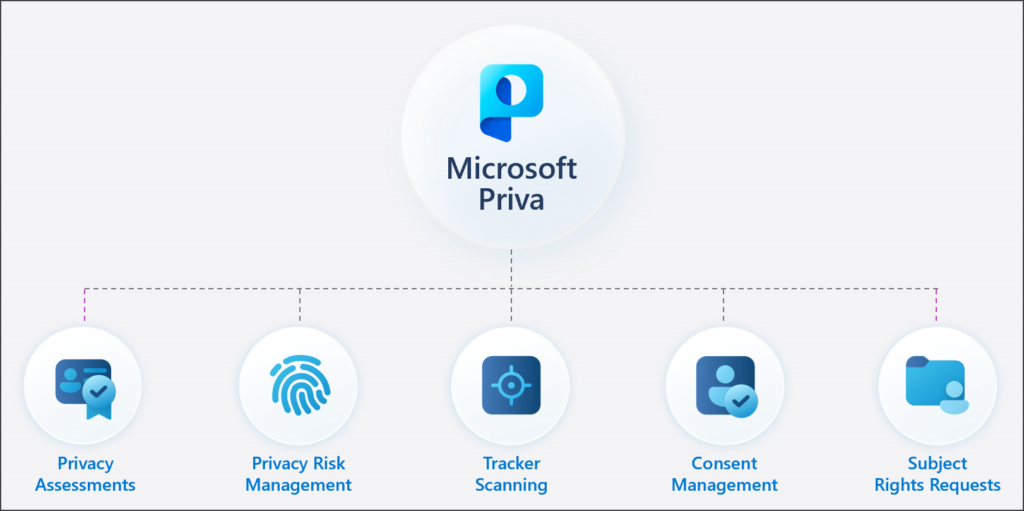How Can IT Support Boost Employee Productivity?
While there are specific measures that firms must consider when embarking on the roadmap to recovery, including Covid-19 testing, IT support will continue to play a pivotal role in boosting employee productivity.
This is because productivity is an ongoing workplace issue in the UK and one that technology can do much to address.
How Can Technology Help?
According to estimates from the Bank of England, Covid-19 could end up reducing total factor productivity (TFP) by 5%. Firms are also facing internal productivity challenges due to the special measures they are having to take. These include adapting to having people working from home (WFH) and putting the right technology in place to support this.
But what these changes to work structures and practices have also highlighted is the flexibility that technology offers. What firms lose in productivity while they adapt initially, they have the potential to regain and improve on in the longer term.
Digital Transformation
Digital transformation is a term that is now in widespread use. Its definition can be quite broad, but at its heart is the use of digital technology to enhance and improve business processes. This offers practical means for innovation.
By digitising processes and improving connectivity, enterprises and organisations can boost efficiency and productivity.
But this transformation occurs at a very human level. Employees adapt to changing ways of working and adopt new tools for their essential everyday use. A big part of digital transformation is the automation of tasks, where the use of platforms such as Office 365.
Technology has enabled efficient remote conferencing through Zoom, Microsoft Teams and other platforms. It has supported both agile and remote working using secure cloud computing platforms.
A big part of the success in adopting these new ways of working comes from how familiar they become. We use technology in our daily lives, and this familiarity has helped with the wider adoption of different platforms and programmes.
What underpins the successful switch to new technologies is a cultural shift. Tools and processes which might at one time seemed specialised or limited in their application become part of the fabric of people’s working lives.
Successful digital transformation does, however, depend on having the right technical support for this technology, to ensure employees get the best out of it and have full confidence in it.
Technology and Employee Productivity
Technology provides opportunities, but it also brings up challenges and potential barriers to productivity.
Firstly, it’s a commitment. Therefore, companies that invest in hardware and software need to maintain these things.
Computer downtime, for example, is extremely costly to businesses, and it has a persistently negative effect on employee morale and motivation.
Technology that runs slowly and inefficiently is a drag on productivity, and it can impact how employees perceive the culture and brand of the business they’re working for – if it isn’t investing in its tech, what value is it placing on the work of its staff?
Speed is a vital factor for efficient communications and reliable connectivity. And with the rise of WFH, this takes on a new dimension.
Making sure people are in the loop when they’re on the move or working remotely is vital in ensuring they’re engaged and confident in their roles.
Another major factor in productivity is maintaining the security of systems, software and devices. Research indicates that two in five remote workers in the UK are vulnerable to cyber-attack.
The actual risk is one factor impacting employee productivity, but so is the perceived risk. People working remotely may feel more vulnerable and at risk from phishing and other forms of cybercrime.
This comes back to the whole cultural aspect of using technology. It’s increasingly intertwined with the culture of work, and the sense of purpose and motivation that should come with it.
If employees feel more exposed to risk, they are going to feel less motivated, and will ultimately be less productive.
How IT Support Boosts Productivity
IT support is the equivalent of the engine room on a large vessel. It isn’t visible on the surface, but it’s there, providing the essential preventative and remedial actions essential to the streamlined, confident running of the entire operation.
Dedicated IT support packages for SMEs include several key components:
- Remote monitoring
- Security audits
- Managed security updates
- Office 365 support
- Protection from email viruses and spam
- Cybersecurity awareness training
and many more.
There are clear links between self-confidence and productivity. Employees who are confident in carrying out their roles are more likely to be productive employees.
Technology is more and more essential in enabling them to work efficiently, and having the confidence in the modern tools they’re working with helps them have confidence in themselves.
IT support is the means of ensuring that these tools are up to date and in good working order.
For more information about the IT support we can offer your business and your employees, please contact us. Call us on 01282 506 616, email us at info@bandicoot.co.uk or complete our contact form and we’ll be in touch as soon as possible.




